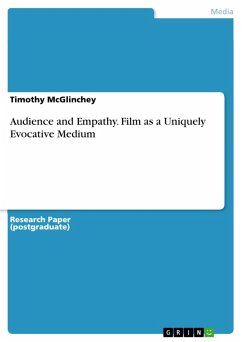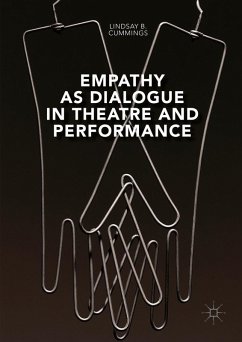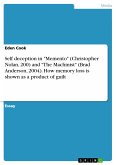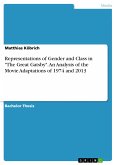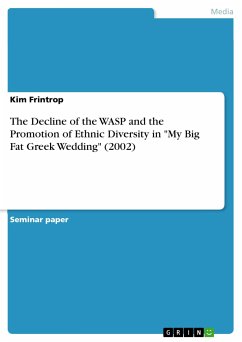Research Paper (postgraduate) from the year 2016 in the subject Film Science, grade: 1.0, Queen's University Belfast (School of Creative Arts), course: Film and Visual Studies, language: English, abstract: This project seeks to scrutinise empathy's role in the film viewing experience with a focus on emotional response, whilst specifically investigating its impact in the context of fiction film. And so raises the primary research question: To what extent, and how, is fictional film capable of eliciting emotion in its audience? An individual's capacity to not only acknowledge, but rather share and vicariously experience the emotions of another, is a truly remarkable psychological phenomenon. This process of empathy, as it is above defined, is especially intriguing once removed from the context of human interaction, and in fact recognised within the seemingly disconnected dynamic of the fictional film viewing experience. Despite the appearance of what many may consider limitations to empathy in film viewing, such as the audience's knowledge of the inauthentic, staged nature of the medium, it remains clear that filmic narratives can still be affectively experienced by their viewers.
Dieser Download kann aus rechtlichen Gründen nur mit Rechnungsadresse in A, B, BG, CY, CZ, D, DK, EW, E, FIN, F, GR, HR, H, IRL, I, LT, L, LR, M, NL, PL, P, R, S, SLO, SK ausgeliefert werden.

